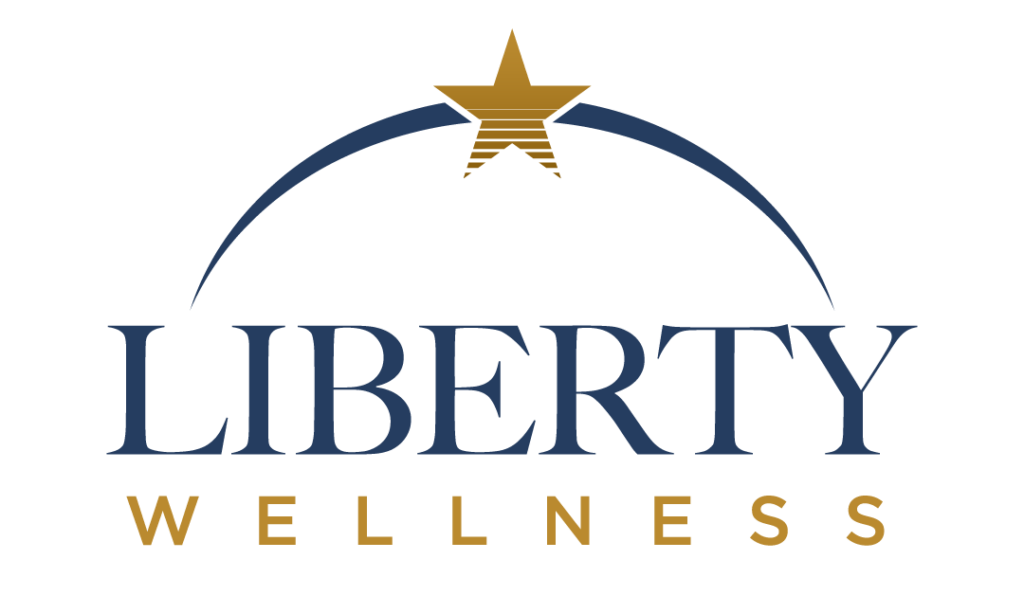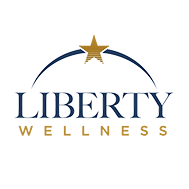To be complacent means showing smug or uncritical satisfaction with oneself or one’s achievements. In recovery, people are encouraged to practice self-acceptance, build their self-esteem, and constantly honor and recognize their value. However, the uncritical acceptance of your current state can actually be dangerous. This is increasingly true as you move further and further into recovery, and further and further away from the days when staying sober were your very top priority. When people become complacent in recovery, they often become increasingly confident in their ability to avoid relapsing, and they may even subject themselves to unnecessary challenges and temptations.
Below you will find tips to avoid becoming complacent in your recovery:
Define the problem
The best way to avoid complacency in recovery is by accepting the accepted definition of addiction. Also known as substance use disorder, addiction is a lifelong, chronic mental health issue. People who cannot consume alcohol without rapidly progressing to alcohol abuse will never be able to consume alcohol safely. This remains true across all substance types. The fight to stay sober never ends, it just becomes infinitely easier as more skills and tools are acquired. People who consider themselves as always being in recovery fair far better than those who consider themselves as being “cured” after a set amount of time has been passed.
Stay plugged into a recovery community
We hear it over and over again, but it is so important that it bears repeating here. 12 step meetings and support groups are the backbones of our recovery. It’s in these meetings that we are refreshed, refilled, and recharged when life gets tough. It’s in these rooms that we build relationships and truly connect with those who struggle as we do. Our meetings are where we go when we stray, filled with people who will pick us up and set us back on the right path.
Those who are most successful in recovery are those who have found their community and actively participate in it. Away from our core support group, we may begin to bend and flex in our recovery program, which will most certainly lead to restlessness, irritability, and discontentedness… and ultimately relapse.
Remember (and use) the tools we learn in recovery
When we first come into the rooms of just about any 12-step group, we start to hear about the tools of recovery. What are the tools, we might ask? Amongst the most common are daily reading of the Big Book (or other recovery text), journal writing, attending 12-step meetings, and frequent communication with a sponsor, accountability partner, or mentor. We might tend to think in terms of crisis tools, but the tools of recovery also cover preventative measures such as
deciding to abstain from all mind-altering substances, maintaining physical and mental health, and being of service to others.
These tools are clearly laid out for us to use during the times when we might otherwise reach for the drink or drug of our choice. We now understand that our old habits no longer serve us, but we still need to fulfill the gaping hole inside of us that we’ve long been trying to fill. The tools of recovery are designed to do just that.
Take care of our physical health
These days we hear a lot about taking care of our physical health. Whether it’s eating right and exercising, wearing that mask, or quitting smoking/vaping, taking care of our physical health is an essential factor in any facet of a healthy, happy life.
Taking care of our physical health isn’t merely to help us live longer. It’s to help us feel our best along the way. We want to not just survive this life but thrive in it. Taking care of our physical health helps us keep our energy up, build our endurance, focus on our tasks, and even improve our mental health.
Take care of our mental health
A lot of us came into recovery with co-existing disorders such as depression, anxiety, bipolar disorder, PTSD, and ADHD…name your acronym. When we come into recovery, we may or may not have been aware of these co-existing disorders. Or perhaps we went through a treatment center or recovery program that wasn’t equipped to diagnose or treat these disorders. In some cases, we find that our addiction was masking these disorders. Only in the absence of the drink or drug were we finally aware that something wasn’t right. Mental disorders can strip us of our joy and prevent us from experiencing the best in our lives. In severe cases, mental health issues can lead to ineffectiveness, relapse, or suicidal thoughts.
Attending to our mental health needs is a key part of our active recovery program. Keeping our minds healthy is equally important as keeping our bodies healthy, especially in early recovery. And just like anything else in recovery, we must pull out all the stops to achieve good mental health to achieve successful long-term recovery. It means that we put our fears aside and visit that therapist or psychiatrist and take that medication. It also means going to our 12-step meetings, working the steps with a sponsor, and reading our recovery text.
Reach out when we need help
Reaching out for help is perhaps the most basic, yet fundamental part of a successful recovery program. It’s so important that it’s seamlessly woven into the 12 steps. We were never meant to live our lives in solitude. As human beings, we need each other to survive. Sometimes, we must put aside our pride and ask for help. Maybe we need help with something simple, like moving a
large object. Or perhaps we need help with something much more complicated, such as depression or anxiety.
Recovery texts and the 12 steps both decree the virtues of both asking for help as well as providing it (being of service). As a whole, our society is built around sharing the load so that none of us become overburdened. And while we may fear that we’ll be ridiculed or considered weak for asking for help, we know that those who have been in our shoes will be the first to show up when we make our needs known.
An active recovery program is the key to successful long-term recovery
Like with anything in life, you get out what you put into it. If our recovery program isn’t improving our lives, perhaps it’s time to ask ourselves why. Are we truly investing in our own recovery, or are we doing just enough to satisfy those around us? Are we truly living the principles set before us, or are we putting on a show for the benefit of those watching?
Maintaining an active recovery program is about ensuring we can reach our full potential in life. It means we achieve success. Perhaps not specifically financial success, but success in that we are satisfied with our lives and free from the obsessions that drugs and alcohol once held over us. When we achieve happiness in life without our vices, we have learned how to weather the storm in any circumstance. We know that we can manage our lives and contribute to the lives of those around us. We can look at ourselves in the mirror each morning and know that no matter what happens today, we can handle it without reverting to our addictions.





